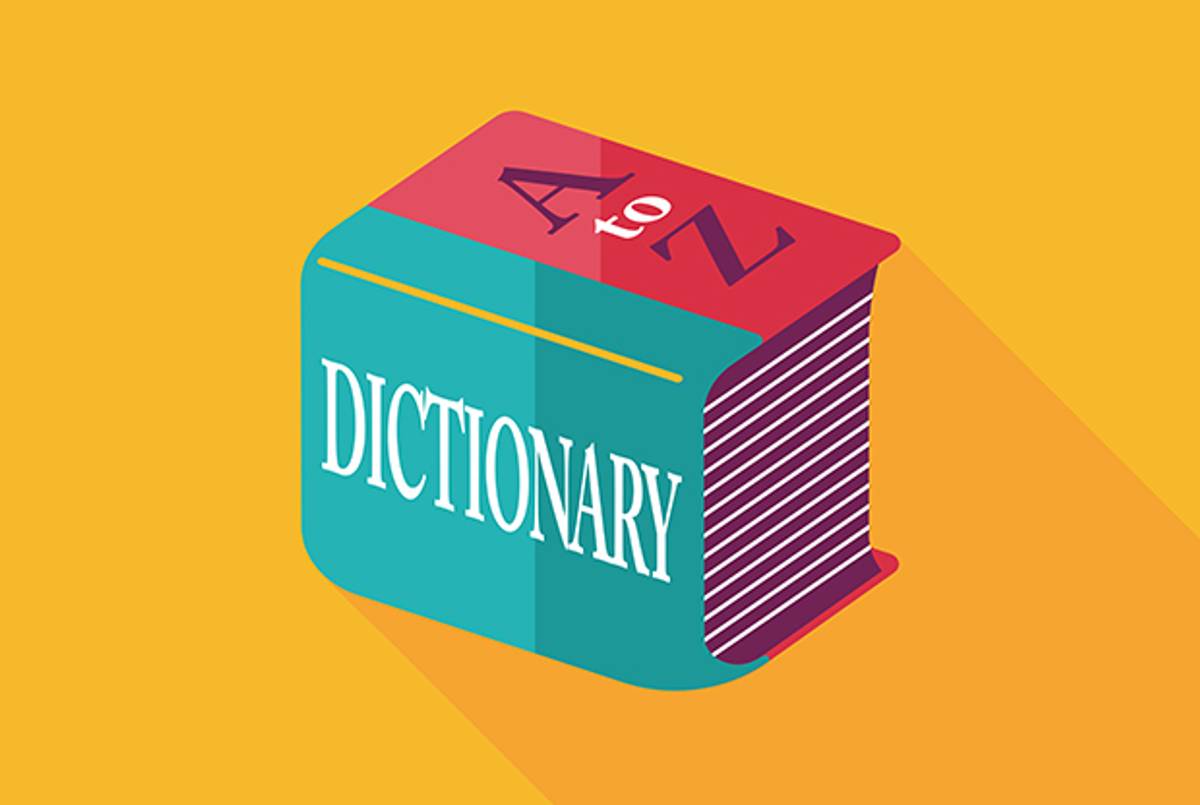
Book publisher and Tablet contributor Lizzie Skurnick recently came out with a new faux-dictionary, entitled That Should Be a Word: A Language Lover’s Guide to Choregasms, Povertunity, Brattling, and 250 Other Much-Needed Terms For the Modern World. This glossary of made-up words, which originated as a New York Times Magazine column, would make an ideal companion on a trip to the john, especially for those who would might appreciate distraction from their anxiety over bowel health.
So herewith, in my opinion, are the 12 most Jewishly-inflected, Jewishly-useful words in the book, followed by Skurnick’s definitions, and my usage suggestions:
Deprescient (duh-PRESH-int), adj.
Imagining the worst will happen.
“In her usual deprescient way, Irene assumed when her daughter did not call her back immediately, that she had been hit by a bus.”
Wordition (we-DISH-un), n.
Being stuck around a person who won’t stop talking.
“At the Hillel Shabbaton, Shoshana found herself stuck in wordition between the school’s newspaper editor and the Alpha Epsilon Phi president.”
Shpitz (SHPITS), v.
Clean another’s face with saliva.
“Every Jewish child grows up being shpitzed by a parent, bubbe, or older relative.”
Licktim (LIK-tim), n.
Person thus cleaned.
“Given the prevalence of shpitzing in the Jewish community, Jews are always licktims.”
Bluphoria (bloo-FOR-ee-uh), n.
Happiness that sparks melancholy.
“When her son came to dinner wearing one of the two ties she’d recently given him for his birthday, Rose felt immediate bluphoria and asked him querulously: “The other one you didn’t like?”
Comreads (COM-reedz), n.
People who read a book at the same time.
“Marjorie and her Tablet comreads couldn’t shut up about All Who Go Do Not Return.
Dready (DRED-ee), adj.
Always prepared for disaster.
“The plane was stuck on the tarmac for two hours, but Rivke was, as ever, dready: she’d packed a baggie of almonds and raisins, a novel, a slice of bundt cake, and her phone so that she could live-tweet the trauma and shame the airline on Twitter.”
Saddict (SAD-ikt), n.
One who thrives on misery.
“Even to suggest that there should be more funny, contemporary Jewish children’s books infuriates the saddicts who believe that all literature should be about the Holocaust.”
Storis (STORE-us), n.
Anxiety about telling a joke or anecdote without losing the crowd.
“Joan felt storis about using her husband’s suicide in her stand-up act, but she did it anyway, and the jokes killed.”
Worigins (WOR-uh-jins), n.
Source of a mysterious anxiety.
“The worigins of the Kabbalah Jewish Academy’s PTA members’ dread about vaccines lay in reading online about ‘toxins,’ ‘chemicals,’ and homeopathic cures autism.”
Pagita (PAH-ji-tuh), n.
The stress of the unread.
“Carol felt terrible pagita because everyone had read Roz Chast’s graphic memoir except her.”
Sobtimist (SOB-ti-mist), n.
One who cries over good fortune.
“Upon winning the lottery, Jeremiah broke into sobs as he contemplated the noodging of his relatives for loans and the complexity of his tax bill.”
Nu, there you have it. Buy the book for many more words that encapsulate the stress of living so you can include them in conversation before everyone else does.
Related: The New Jew-Speak, via Google
Previous: Why ‘Jew’ and ‘Goy’ Are Not Scrabble Words
Marjorie Ingall is a former columnist for Tablet, the author of Mamaleh Knows Best, and a frequent contributor to the New York Times Book Review.